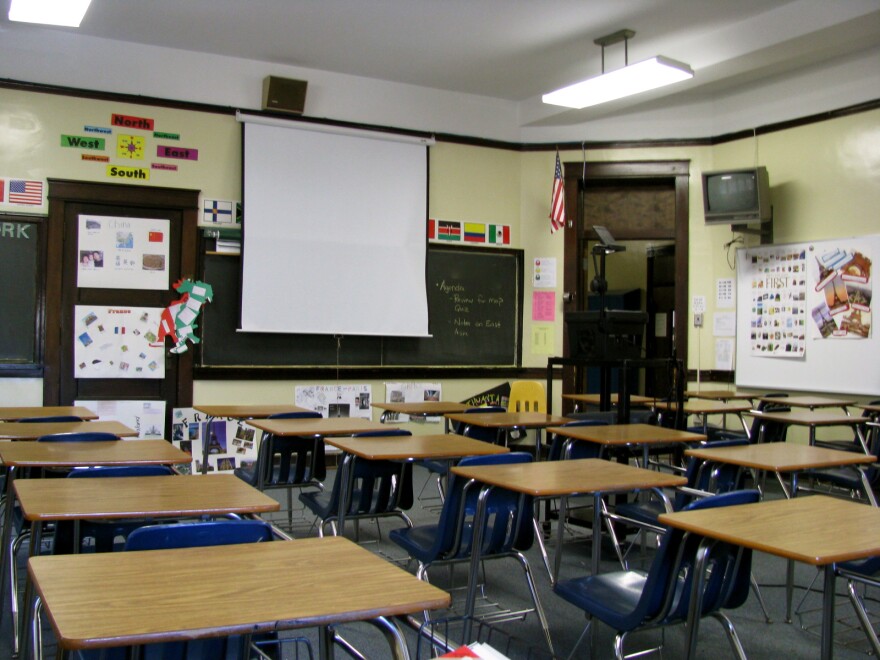Connecticut is one of only four states in the country that requires local school districts to pay for the bulk of special education costs, according to a new study that examines how states pay for this federally mandated program.
Under the special education program, the state only gives districts money for kids who are really expensive to educate. These are often students with severe disabilities who require intensive services. Even then, the state only foots part of the bill.
A report by the Connecticut School Finance Project claims the state's model could lead to some school districts short-changing general education programs to pay for special education.
"It's very difficult for school districts to do the type of planning that they might like to do," said Katie Roy, director of the finance project, which is an advocacy group seeking to change how the state funds schools.
"Which certainly can have impacts on the classroom level, both for special education students and also for students who don't have special learning needs," she said.
Because the incentive is to manage costs, this can sometimes lead to districts restricting access to services. This happened in Darien in 2013. At the same time, the district also inflated costs of some students to get more money back from the state, according to an independent audit of district expenses.
The bottom line: no state has figured out the best way to fund special education, a federal mandate that hasn't been fully funded since the law passed 40 years ago. Roy suggested that regionalizing special education costs could mitigate some of the problems the state faces.
In an email to WNPR, state officials said they're open to ideas about how to strengthen its systems of support for children and families.


